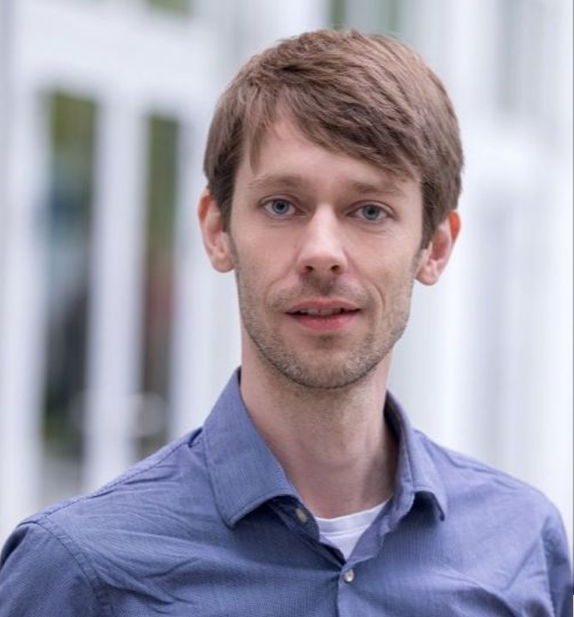Here you can find detailed profiles of DKTK faculty members with programm specification and research focus in the Researcher Database. Find contacts of all DKTK scientists at the DKTK intranet
Researcher Database

Dr. Henner Farin
Institute for Tumor Biology and Experimental Therapy
Paul-Ehrlich-Str. 42-44
60596 Frankfurt
Programs
Exploitation of Oncogenic Mechanisms (EOM)
Molecularly Targeted Therapy (MTT)
Summary
The main interest of my DKTK Young Investigator group at the Georg-Speyer-Haus is how exogenous signals regulate normal and cancerigenous stem cells in the human gut. Our lab explores the 3D ‘organoid’ culture system as cellular model. With the help of our clinical collaborators we establish patient-specific organoids from colon cancer biopsies. Defined genetic models age generated by engineering of oncogenic lesions in normal human colon organoids using the CRISPR/Cas9 technology to reflect distinct stages of tumor progression. We perform molecular characterization in vitro (genomic sequencing, RNA sequencing in co-cultures, proteome profiling and drug testing) to link tumor genotypes with phenotypes. In order to address microenvironmental signaling context we use organoid xenotransplantation models that are differentially compared with in vitro cultures and primary tumor samples. Our goal is to identify new strategies to interfere with stromal crosstalk.